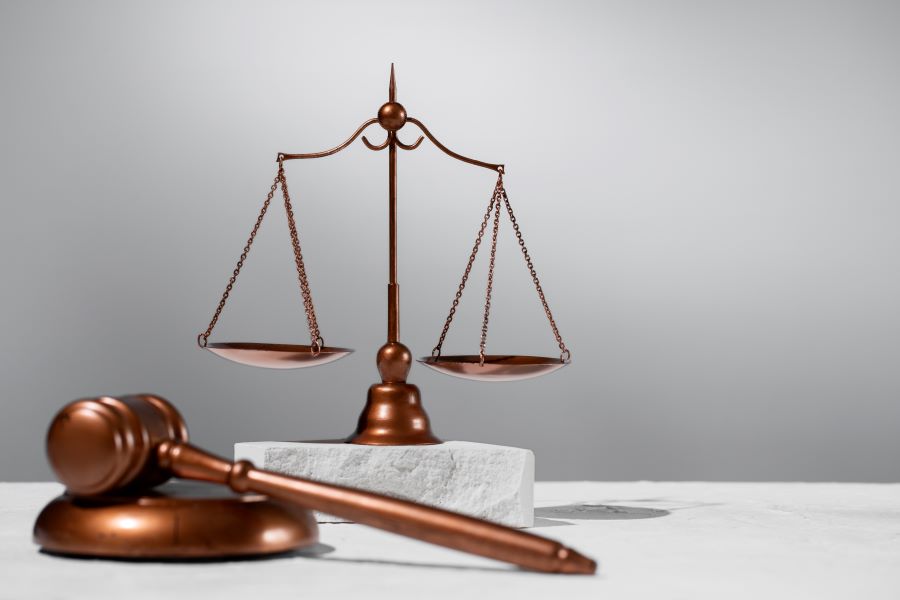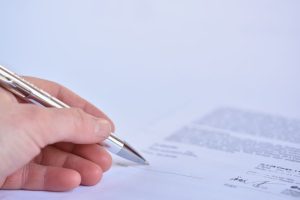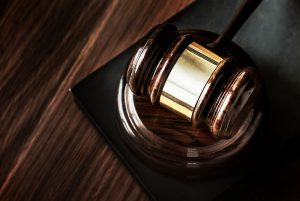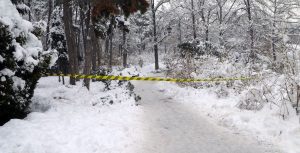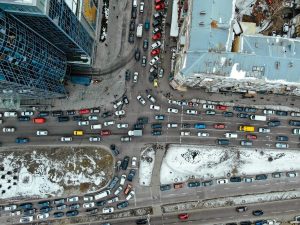Ever wondered what might happen if you were to get injured somewhere that isn’t your home or workplace? Like a retail store, your friend’s house, or even just a public square? Well, that’s where premises liability law comes into play. It’s a crucial part of working out who is liable for accidents and injuries that occur in various locations.
Let’s take a closer look at premises liability law and answer some common questions you might have about it.
What Is Premises Liability?
We’ll start with the big burning question of “What is premises liability?”
Put simply, premises liability is essentially a legal concept or doctrine that states that the people who own a property are effectively liable for any accidents or injuries that might occur at that property.
So, let’s say, you have an accident and hurt yourself at a restaurant. The owner of the restaurant will most likely be held liable if we follow the premises or property owner liability idea.
Common Types of Premises Liability Cases
Premises liability law can apply in a range of different cases. Some of the most common varieties include the following.
Slip and Fall Accidents
These are among the most common types of incidents covered by personal injury law. They occur when someone slips, trips, or falls, which can happen almost anywhere, but especially in areas where there are wet floors, like a grocery store or bar. Slip and fall attorneys are specialists in such cases.
Negligent Security
Negligent security cases are those in which security standards and provisions have not been met to keep people safe when visiting or using a location.
Dog Bites and Animal Attacks
Accidents and injuries involving animals can also fall under the category of premises liability law. If you’re visiting someone’s home and their dog bites you, for example, because it wasn’t properly leashed or under control, the dog owner may have legal responsibility.
Dangerous Conditions and Hazards
This is when a location is simply unfit or unsafe for people to be in. There might be open holes in the floors, weaknesses in the structure, uneven or broken steps, or other dangerous property conditions that make the odds of accidents and injuries higher.
The Legal Duty of Property Owners
According to premises liability, property owners have a certain duty of care towards anyone who might visit or use their property. A store owner, for example, needs to ensure that the store is in a safe and good condition to prevent accidents for those who might go to that store, including people in these three categories:
Invitees
According to Portland personal injury laws, invitees are those who have been expressly invited into or onto the property by the owner. For example, if you have a store and it’s open to the public, any customer who enters will be classed as an invitee. Invitees merit the highest levels of care and protection.
Licensees
Licensees are those who are allowed to use the premises, but not necessarily acting on the owner’s behalf. They aren’t afforded quite the same high levels of care as invitees, but property owners still need to let them know about any hazards or obvious risks.
Trespassers
Trespassers are those who are not invited and technically should not be on a property. They have the lowest level of care from property owners, but owners still need to take action if they know that trespassers are visiting their properties and are not allowed to intentionally hurt them.
Steps to Take After a Premises Liability Injury
Let’s say you’ve been injured while visiting a location owned by someone else. It might be a public park, a store, a restaurant, or someone’s home. Here’s what to do following the injury to help you get the best possible result and seek premises liability compensation.
Seek Medical Attention
After any type of injury (no matter where it occurs) the first step is always to seek medical aid. Sometimes, injuries might not seem all that serious on the surface, but could be much worse underneath, and it’s important to have trained medical professionals take a look at you and assess your situation to offer advice, treatment, and recommendations.
Collect Evidence
Next, since you’ll likely want to make a claim and receive compensation and justice after your injury, you’ll need evidence to back up your argument. Gather as much as you can. That means taking photos and videos of your injuries and the scene of the accident, if possible, as well as collecting witness statements and police reports.
Consult with an Attorney
Premises liability cases and other personal injury cases can be quite complicated. This isn’t the type of case you want to handle alone. So, the next step is to reach out to Portland personal injury lawyers with experience in this field. They’ll be able to provide guidance and assistance, as well as answer questions and explain complex topics to you like comparative negligence.
Proving a Premises Liability Case in Oregon
Those who are held liable for injuries on their premises may mount a premises liability defense and try to evade blame. For that reason, it can be difficult for lawyers to prove liability. Here’s how they go about doing it.
Establishing Negligence
It has to be proven that the owner was negligent in some way.
Duty of Care
First, the lawyer needs to show that the property owner had a duty of care to the person who was injured. Usually, this is quite simple, especially if the person is classed as an “invitee” or licensee”, though it can be trickier depending on the nature of the case.
Breach of Duty
Once the duty of care has been established, you have to prove that the duty was breached somehow. In a case where a dog bites someone, lawyers would try to show that the dog and property owner didn’t take the necessary steps (like leashing the dog) to prevent the injury.
Causation: Linking Negligence to the Injury
It’s not enough to simply show negligence. You also have to prove that negligence led to the injury.
Proving Direct Causation
To have the best chance of winning a case like this, lawyers have to show that the property owner’s negligence had a direct link with the injury. For example, the owner might not have repaired a broken stair rail, which led to someone falling down the stairs.
Foreseeability of Harm
It also often helps to prove that the owner’s negligent actions were likely to cause harm and that this harm was “foreseeable.” For example, if a store boss left a wet floor without any warning signs, it’s easy to imagine how someone might slip and fall there.
Gathering Supporting Evidence
Along with their clients, lawyers will work hard to gather evidence that supports their claims and arguments. Evidence may include photographs, videos, witness statements, and other documentation that sheds light on the incident and how it happened.
Types of Compensation
Victims of premises liability cases may obtain compensation to help cover a wide range of costs, including their medical bills, their loss of income if they’re unable to work, rehabilitation costs, and others. You may also get compensation for mental suffering, as well as physical injuries, related to the incident, and the amount of compensation varies based on the case.
The Importance of Legal Representation
As touched on earlier, given the complexity of these cases and how hard it can be to prove liability, it’s not something you want to try alone or without professional expertise. If you’re involved in an incident like this, contact our personal injury lawyers right away to get a trained, legal professional on your side to build a case and help you get justice.
If you get injured in an accident that wasn’t your fault, and it occurred somewhere outside your home, from a store to a park or even a neighbor’s home, premises liability could help you get life-changing compensation. Just make sure you’ve got trained and proven lawyers on your side to argue your case.

